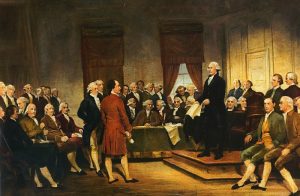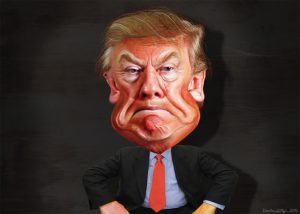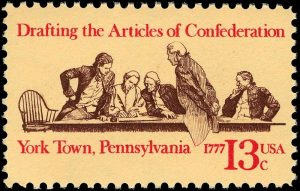What Does It Take to be “United” As States?
 Part Two of a series providing context to our system of government, our election process and a little history to evaluate and consider in the candidate-debate.
Part Two of a series providing context to our system of government, our election process and a little history to evaluate and consider in the candidate-debate.
Anyone who has been part of a committee, whether it be in government, business, or even the local PTA, will recognize that the same discussion points come up over, and over, and over again. In the political realm, the issue is largely taxation. In the PTA, it’s fundraising. Between April 15th and the local bake sale, the same discussions are had, year after year after year.
So imagine yourself in May of 1787, at the Constitutional Convention. The topic de jure was the present form of government — the Articles of Confederation — and how to improve on what was, by then, government gridlock (sound familiar?).
Those in attendance had a choice of throwing the baby out with the bathwater, as it were, or improving upon what got them there.
In retrospect, the choice of what to do was clear — out goes the baby — but in 1787 it was as clear as mud.
Keep in mind, the Articles of Confederation were years (decades) in the making, and were fashioned with state-interests in mind. Essentially, the delegates needed to ask themselves who they wanted to govern: themselves as states or a national government with power over the states.
And as the days dragged on, and as the weather changed from comfortable to hot, so too did the debate over what to do, how to do it, and why.


